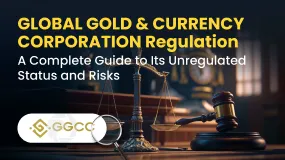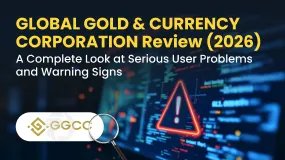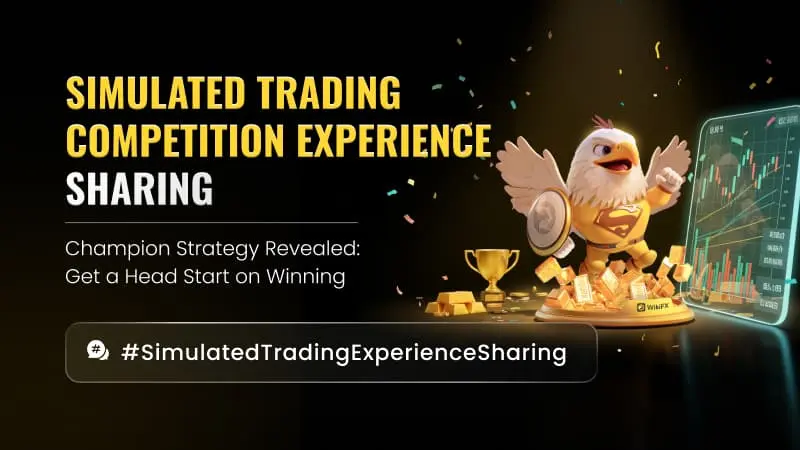Abstract:In its most basic form, trading options offers the right to buy or sell an asset at a specified price by a certain date. Options can be used for speculation, hedging, or producing income. Options can offer leverage while capping your maximum loss exposure. When buying an option you can only lose the premium you paid for it (plus any commissions and fees), which is generally only a fraction of what it would cost to be long or short the underlying market. While there is potential for profit with trading options, traders should also carefully consider the potential for risk of loss associated with options trading.
There are two types of options, “calls” and “puts”. A long “call” is used for bullish trades, while a long “put” is used for bearish trades. A call option gives the buyer the right to buy an asset at a specific price, known as the “strike price”, on or before the expiration date. A put gives the buyer the right to sell or short an asset at a specific price (“strike price”) on or before the expiration date. The expiration date is simply the date at which the option expires.
IN THE MONEY
You should also know what it means when an option is “in-the-money”, “at-the-money”, and “out-of-the-money”. For a call, if the price of the stock is above the strike price, then the option is considered “in-the-money” and if it is below the strike price then it is said to be “out-of-the-money”. For a put, it is vice versa – above the strike price is “out-of-the-money” and below the strike is “in-the-money”. “At-the-money” options mean the strike price is at or very near the market price.
Having a working knowledge of the “Greeks” is important for understanding how options prices move in relation to the underlying asset. There are four main Greeks you should be aware of – Delta, Gamma, Theta, and Vega.
DELTA: THE MEASURE OF CHANGE IN THE UNDERLYING MARKET PRICE
The Delta of an option is the measure of change in an options price as a result of how much the underlying market moves. The delta value ranges from 0 to 100 for a call and 0 to -100 for a put. For a call the delta value increases when the underlying market price increases and decreases when the underlying market value decreases. For a put the delta value decreases when the underlying market price decreases and increases when the underlying market value increases.
GAMMA: THE RATE OF CHANGE OF THE DELTA
Gamma measures the rate of change of the delta. Of the four Greeks, this one you can get away with knowing the least about in the beginning.
THETA: THE TIME VALUE
Theta measures the rate of decline of the time portion of the options premium. It is extremely important to understand how time impacts options prices. The time value, or theta, will erode the value of the option at an increasing rate the closer the option is to its expiration date.
VEGA: THE VALUE OF IMPLIED VOLATILITY
Vega tells us approximately by how much an option‘s premium will rise or fall given an increase or decrease in the level of implied volatility (or ’expected) volatility. It is very important to understand this because implied volatility can dramatically impact the price of an option and thus be a heavy determinant to what type of strategy we will want to use.
SUMMARY
Options may seem a little daunting at first, but with a little time you can learn what you need to know to incorporate them into your trading plan. If used properly one of the great benefits of options is that they can significantly improve your ability to dynamically manage risk in the markets.
Key points to remember:
Options offer the right to buy or sell an asset at a specified price by a certain date
They can be used for speculation, hedging, or producing income
A long “call” is used for bullish trades, while a long “put” is used for bearish trades
Having a working knowledge of the “Greeks” is important for understanding how options prices move in relation to the underlying asset
Implied volatility largely determines whether the price of an option is considered cheap or expensive
Options can offer leverage while capping your maximum loss exposure; when buying an option you can only lose the premium (plus any commissions and fees) you paid for it







